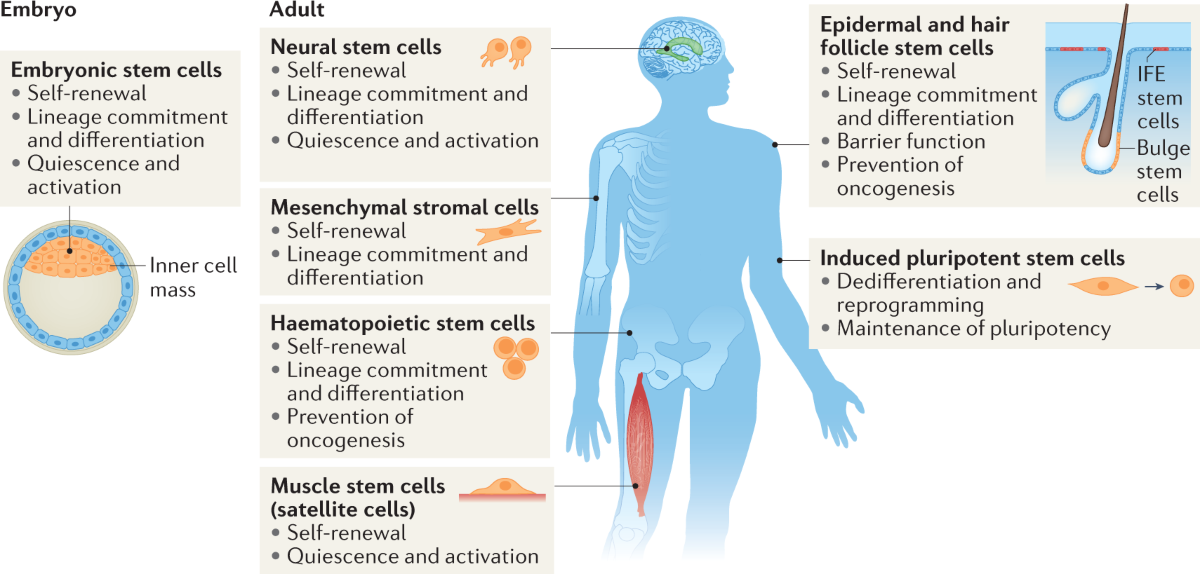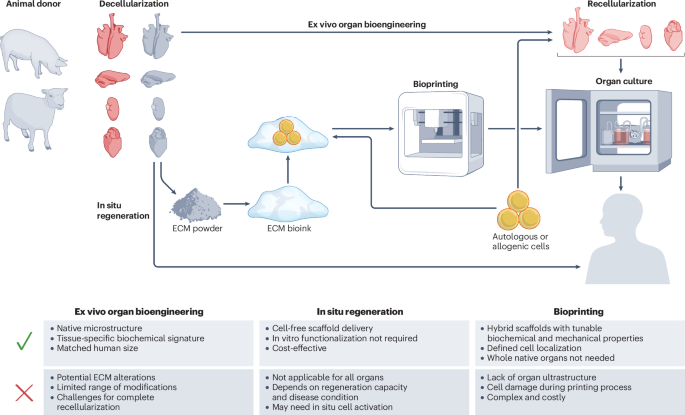The advent of biotechnology has presented humankind with unprecedented opportunities for health and longevity. Among the most promising advancements in this domain is autologous organ engineering, a revolutionary aspect of regenerative medicine that is redefining life extension strategies.
This article provides an in-depth exploration of autologous organ engineering, its role in life extension, and how it has the potential to transform the future of healthcare. Whether you’re a biotech investor, longevity researcher, or a forward-thinking individual with a keen interest in health and longevity, this comprehensive guide offers valuable insights into this groundbreaking field.

Understanding Autologous Organ Engineering
Autologous organ engineering is a cutting-edge development in the field of regenerative medicine. It involves the use of a patient’s own stem cells to grow organs in a lab. These lab-grown organs can be transplanted into the patient without the risk of immune rejection, a common issue with traditional organ transplants. This is because the patient’s body recognizes these organs as its own.

O papel das células-tronco
Stem cells are the building blocks of autologous organ engineering. These are biological cells that can differentiate into different types of cells and can divide to produce more of the same type of stem cells. They are found in multicellular organisms, including humans.
The capacity of stem cells to renew themselves and differentiate into a wide range of specialized cell types makes them an ideal resource for organ engineering. Scientists can manipulate these cells to cultivate various types of tissues, which can be used to construct whole organs.

Lab-Grown Organs: The Future of Transplants
The prospect of lab-grown organs has immense potential to address the chronic shortage of donor organs worldwide.
In traditional organ transplants, a suitable donor must be found, and the patient must take immunosuppressant drugs for life to prevent the body from rejecting the foreign organ. Autologous organ engineering bypasses these issues. Since the lab-grown organs share the patient’s genetic material, the risk of rejection is significantly reduced, and the need for lifelong immunosuppression is eliminated.

Autologous Organ Engineering in Life Extension
Autologous organ engineering holds immense promise in the realm of life extension strategies. Aging is often associated with the progressive deterioration of various organ systems. With autologous organ engineering, it’s theoretically possible to replace aging organs with younger, healthier versions grown from the patient’s own cells.
By replacing worn-out organs with lab-grown counterparts, we can potentially extend healthy lifespan and significantly improve the quality of life in older age.
Biotechnology Clinics and Their Role
Biotechnology clinics have a crucial role in the actualization of autologous organ engineering. These clinics are at the forefront of implementing this technology, providing facilities for stem cell collection, organ cultivation, and transplantation.
Biotech clinics are also pivotal in conducting research and clinical trials to refine organ engineering techniques and ensure their safety and efficacy.
Investment Opportunities in Autologous Organ Engineering
For biotech investors, autologous organ engineering presents a plethora of investment opportunities. The demand for organ transplants far exceeds the supply, and this gap is only expected to widen with an aging global population.
Investing in biotechnology clinics and companies involved in autologous organ engineering can potentially yield significant returns. Além disso, by supporting this life-saving and life-extending technology, investors also contribute to the advancement of healthcare.
The Road Ahead: Challenges and Prospects
While autologous organ engineering holds immense promise, it’s not without its challenges. Technical hurdles, regulatory considerations, and ethical questions need to be addressed before lab-grown organs become a commonplace medical solution.
No entanto, given the rapid pace of advancements in biotechnology, it’s plausible to expect significant progress in this domain in the coming years.
Conclusão
Autologous organ engineering is a groundbreaking development in the realm of regenerative medicine and life extension strategies. By enabling the growth of patient-specific organs in the lab, this technology has the potential to revolutionize organ transplantation, extend healthy lifespans, and bring about a new era in healthcare.
While the path to widespread implementation may be strewn with challenges, the potential benefits of autologous organ engineering are too significant to ignore. As such, it’s an area ripe for investment, ripe for research, and ripe for individuals to pay close attention to.
Whether you’re a longevity researcher, a biotech investor, or an individual interested in life extension, understanding and leveraging the power of autologous organ engineering could indeed be a game-changer. Join us to learn actionable strategies to extend your lifespan with organ engineering.


